latest
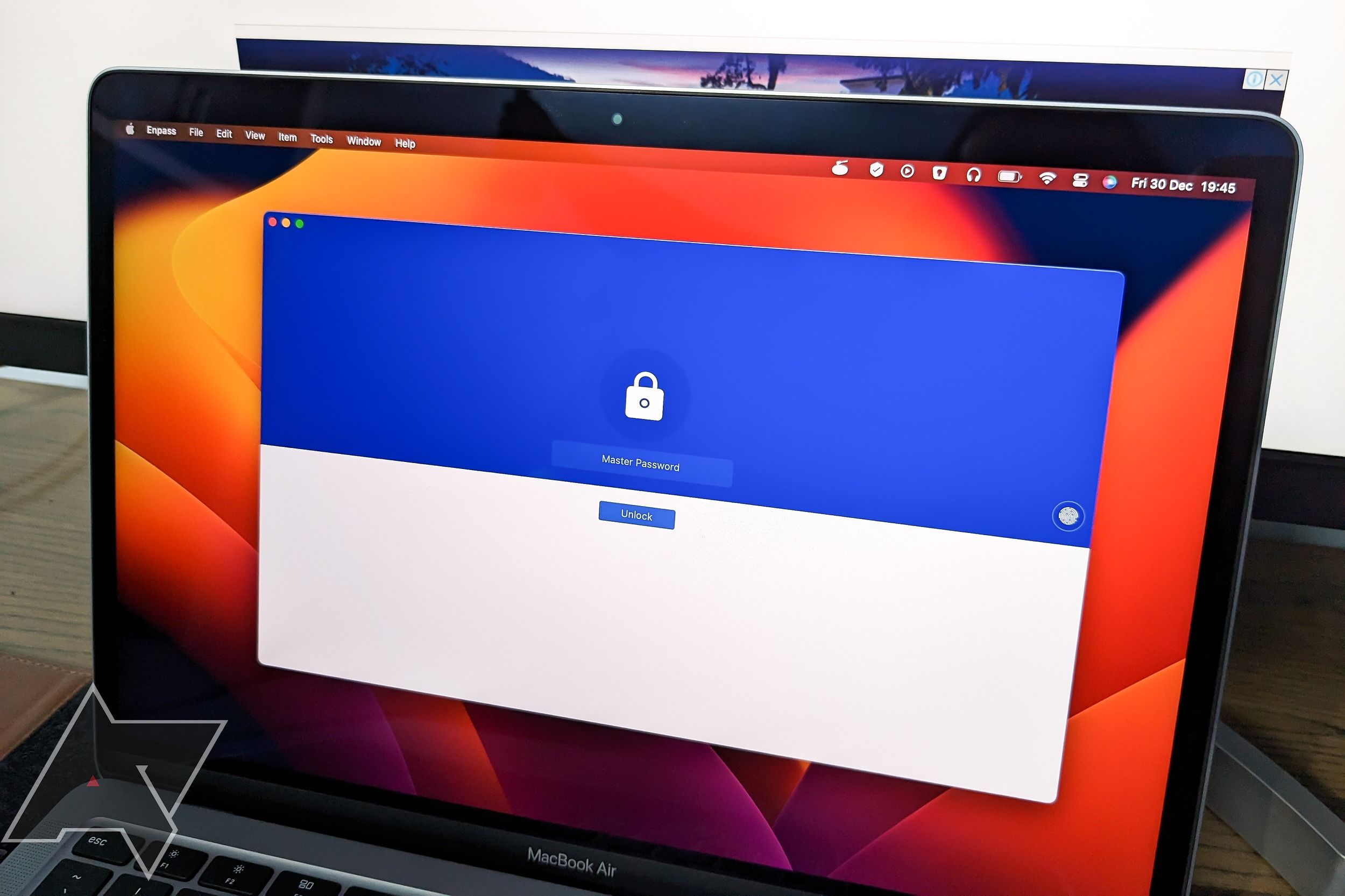
Enpass will now support the use of passkeys on Android 14
You can use your existing biometric security measure to manage Enpass
If you still haven’t adopted a password manager, you’re running out of excuses — there are now several to choose from, and they make it easy to log in across your devices. With the growing adoption of passkeys, many password managers are giving users the option to log in through simpler means, such as biometrics. Enpass is one of them, and it’s bringing passkey syncing to Android users.

Optical, capacitive, and ultrasonic fingerprint sensors — how do they work?
Which is the most secure?
Fingerprint scanners have become ubiquitous in the last few years. With the exception of newer iPhones and Google's Pixel 4, the best smartphones of all shapes, sizes, and prices use a fingerprint reader to keep your phone secure. What you might not realize is that there are three commonly used types of fingerprint scanners found in phones — optical, capacitive, and ultrasonic. Let's break down how these technologies work and see why all three are still in use.
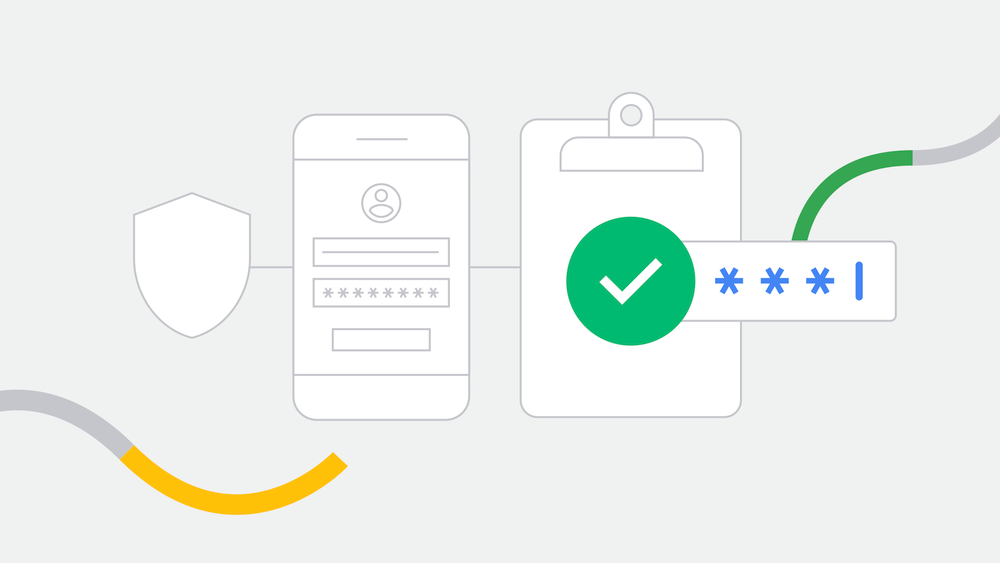
As you use your phone to sign in to apps and sites and make purchases, your details can be saved to your Google account so they're easily accessible from another device. Last year, Google added a security layer on top of these autofill prompts, to make sure only you can use your payment info and credentials. Now, a new setting allows you to sync those preferences across your devices.
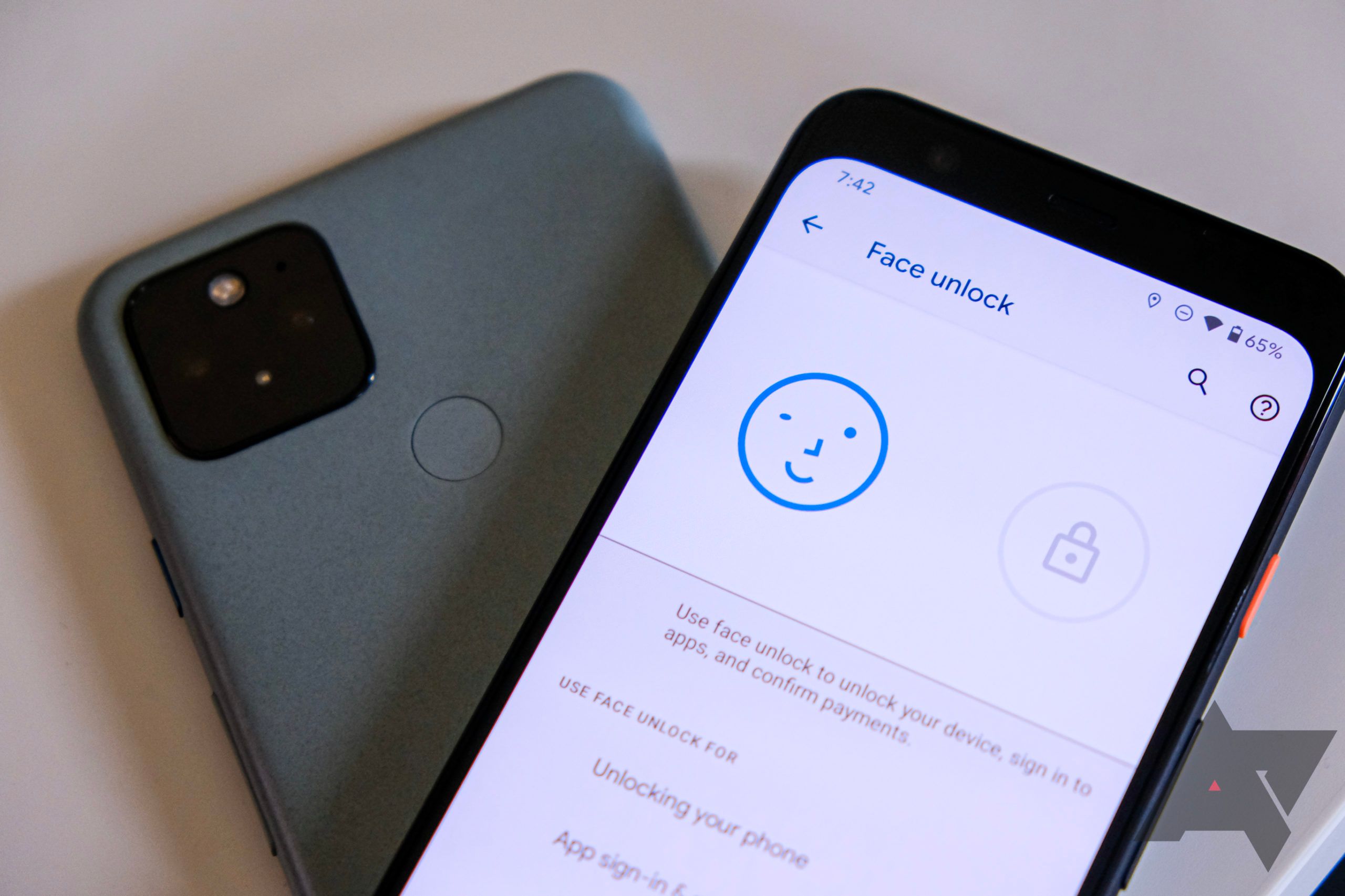
Smartphones have long since evolved beyond the need to tap in a PIN or password at a keyguard prompt, and these days you've got two broad options for biometric security: a fingerprint sensor or a face unlock system. Implementations between the two do vary, and there are several kinds, from in-display readers to capacitive sensors and from camera-based security to radar or infrared systems. You can buy phones today with either, so which is your favorite?

WhatsApp adds biometrics authentication requirement to link account to PC
The update should roll out in the coming days
Following a change in its privacy policy that caused an exodus to competing apps like Signal and Telegram, WhatsApp is adding a new layer of security to the process of linking an account to a computer. The Facebook-owned messaging service is now pushing an update that will allow users to take advantage of biometrics on their phone for authentication.

Qualcomm's new larger 3D Sonic Sensors touted to scan fingerprints 50% faster
And what we, the nerds, think of them will matter more than ever
Qualcomm is ploughing through with ultrasonic fingerprint-sensing technology as it introduces its second-generation 3D Sonic Sensor. The chip, set to go out into smartphones in the extreme near0future, features a reading surface that's 77% larger than the original and better processing that should result in 50% faster scans. However, something that hasn't been addressed here and has been challenged multiple times is the reliability factor.
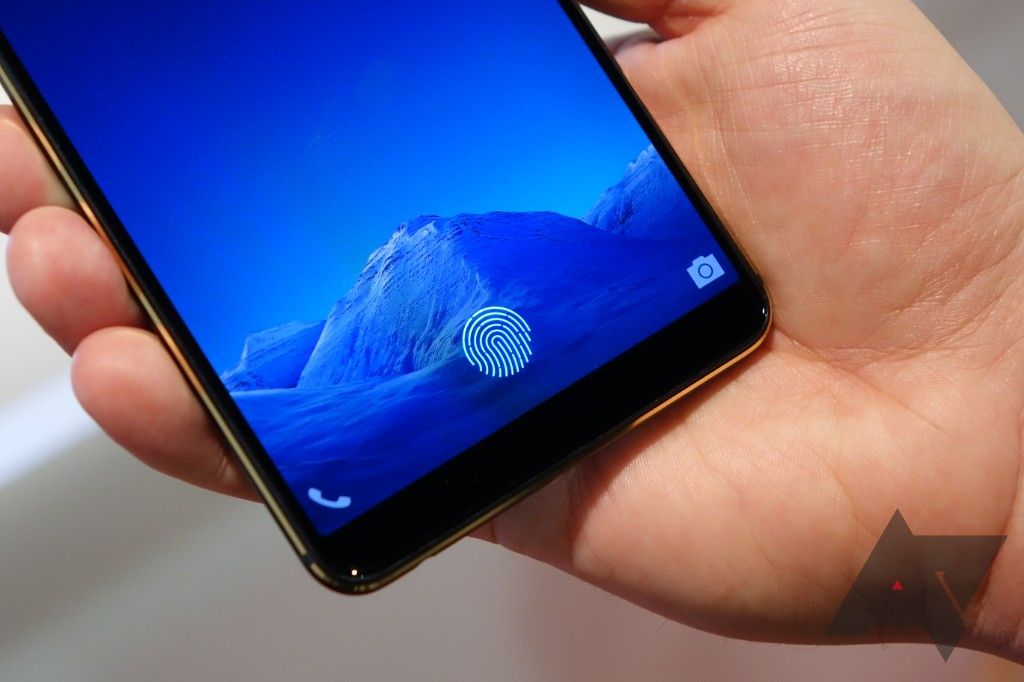
Google Autofill on Android can require biometric authentication now
Just like most other autofill providers
Read update
It's been a couple of years since the Autofill API was added to Android and you've been able to use Google or other password managers to fill in your credentials and log in to apps. However, while most third-party password apps require you to verify your identity before releasing your details to another app, Google's autofill just surrendered those details willy-nilly as long as your phone was unlocked. That's not so secure. A recent change to Play Services fixes that by letting you require an on-the-spot authentication before Google autofills the data fields.
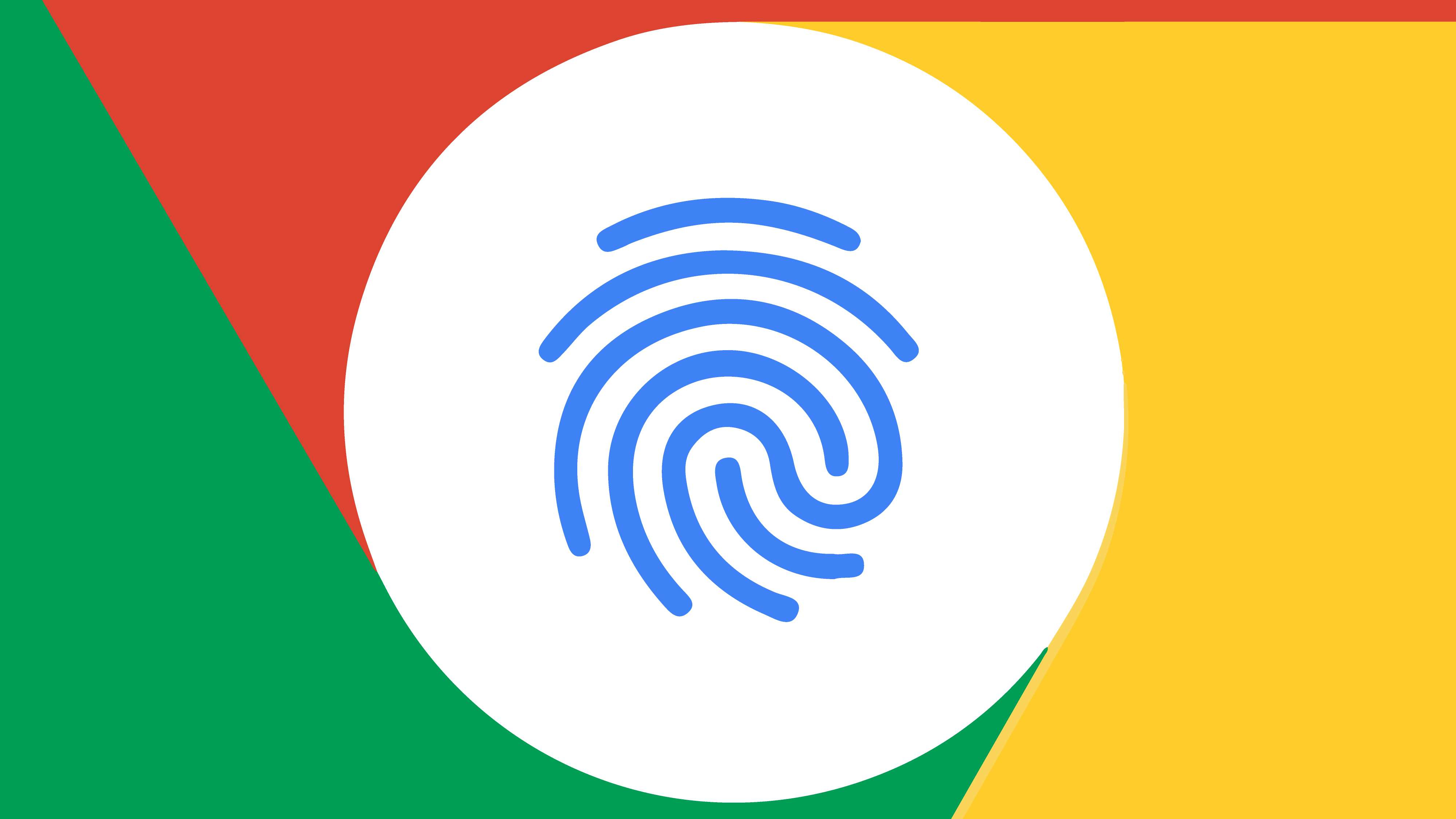
Chrome on Android adding biometric confirmation for credit cards and an improved sign-in experience
You'll never have to look at your CVC code again
Autofill is one of the handiest features a browser can have. Whether it's not having to remember your card details for online shopping or just saving time filling out address fields, it's super helpful. Now Google is announcing that the Chrome's Autofill on Android is getting even more quick and secure when it comes to payments and passwords.

Google Chrome is working on biometric authentication for payment autofill
No more digging through your wallet to find that CVC number for authentication
A few months ago, we spotted Chrome working on Windows Hello integration for payment autofill authentication, sparing you from digging out your physical card to enter your CVC over and over. We've now found out that Windows isn't the only place where Google wants to make access to payment cards easier and more tightly integrated. The company is also working on system-wide authentication for Android (and possibly Chrome OS, Linux, and macOS). Sadly, the feature isn't fully live on any iteration of Chrome for Android yet.
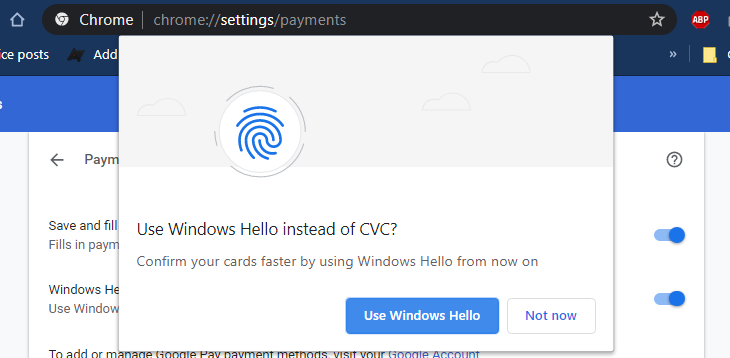
Chrome spotted working with Windows Hello for payment autofill authentication
Device-based authentication for filling out credit card fields
If your browse the internet with Google Chrome on a Windows PC, you may be able to take advantage of a new security integration with Windows Hello for autofilling your credit card information.
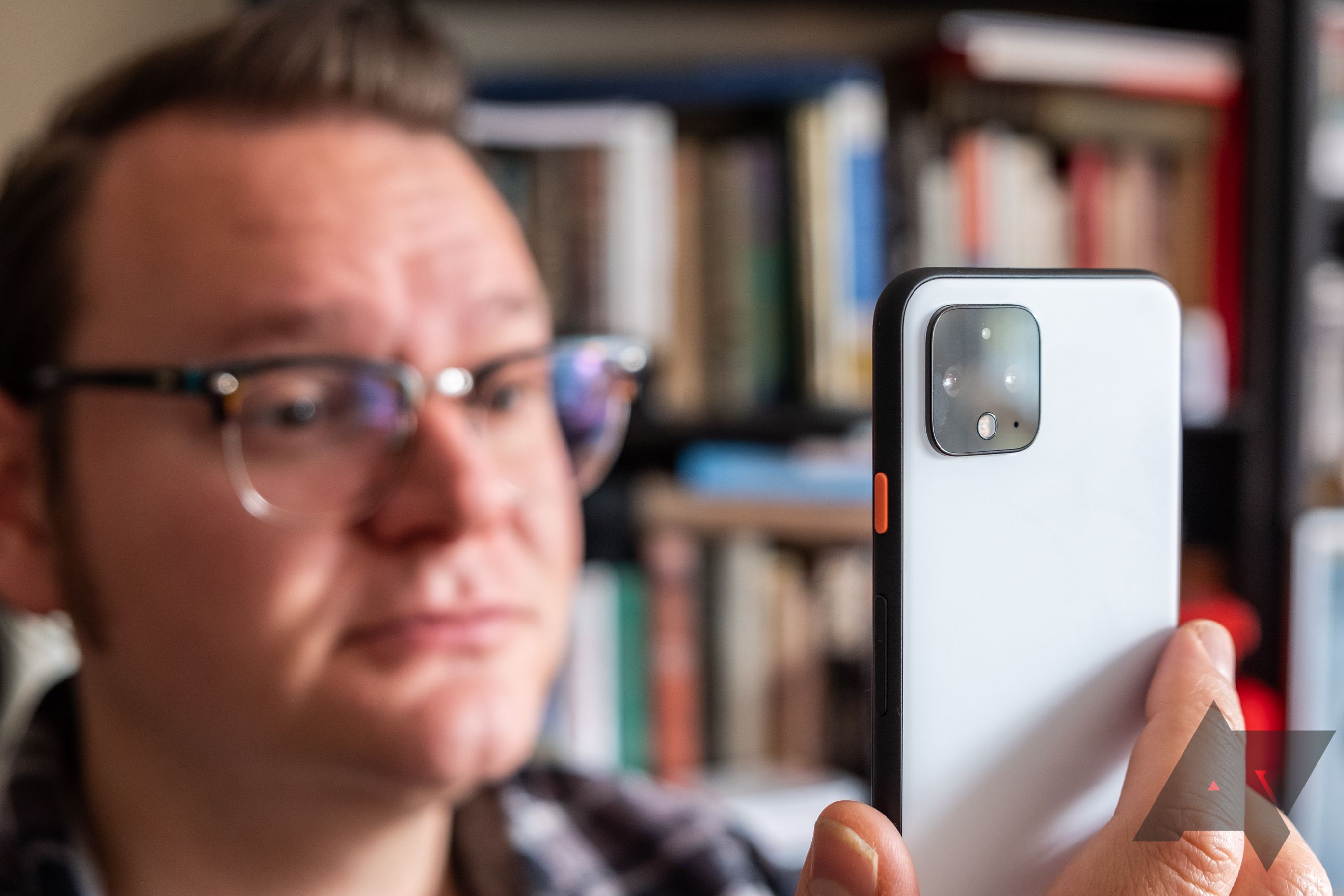
Pixel 4 Face Unlock broken after reverting from Android 11 developer preview
Google now warns of this behavior in DP4
If you plan on just dipping into the latest developer preview for Android 11 with your Pixel 4 or 4 XL before proceeding back to normal life, be warned: a number of users are reporting that they cannot enroll in Face Unlock after reverting to a stable Android 10 build.

First Android 11 Developer Preview lands today for Google Pixel 2, 3, 3a, and 4
Our first taste of Android's latest release includes new notification tweaks, privacy and security enhancements, and more
Android 11 is now official, and Google is releasing the first Developer Preview for this new version starting today. The software changes this time sound ambitious, with Google essentially taking most of its work on Android 10 and (literally) turning it up to 11, featuring enhancements to privacy and security, improvements to Project Mainline, a new dedicated "conversations" section for notifications, and tweaks to better harness 5G — all among a much longer list of changes just too big to include here. You can check it out for yourself by manually flashing it onto supported Pixel phones (everything but the 2016 OGs).

Finance and investment platforms are usually among the last to pick up support for security changes or improvements (how many still use SMS-based 2FA?), but we've seen a recent uptick in such apps picking up support for Android 10's improved biometric authentication API, which means support for the Pixel 4's face unlock. Hot on the heels of NerdWallet and American Express, popular investment app Betterment has just added support for the feature.

NerdWallet adds support for Android 10 face unlock
Unlock your NerdWallet in the nerdiest way possible
Google's Pixel 4 is the first phone from the company to utilize Android 10's new face unlock API, and because that feature's still new, many apps have yet to receive an update that adds support for the new functionality. As with any freshly introduced feature, some developers have been slower than others to incorporate this latest security tool. With its latest app update, NerdWallet is joining the growing list of financial services apps that have implemented the newest biometrics API.

Pixel 4 owners using Simple for their banking needs will soon have a much more convenient time checking their balance or transferring cash into savings "Goals." The latest beta release of the Simple app now supports the Android 10 biometrics API, signing you in with just a glance and a tap — almost as convenient as your fingerprint.

It looks like yet another app is taking advantage of the Pixel 4’s face unlock technology. This time, it’s the popular file-syncing storage app, Box. The latest update for the software allows the Pixel 4 — and other supported devices — to unlock the app using facial recognition.

Migrating password managers can be frustrating — trying to decide which websites you actually use, then moving those usernames and passwords one by one to a new app is a huge chore. When your preferred service hasn't implemented support for new features, you'll probably opt to stick with that app and wait it out rather than go through the pain of switching. If you've been hoping for RoboForm to add face unlock support, your wait is finally over — an update has just rolled out to enable biometrics on Android.

Read update
Despite its enormous user base, WhatsApp can often be slow to introduce the most hotly-anticipated new features. A Dark mode is still in the works, but fingerprint unlocking already came to iOS a few months ago. It's now finally available in the latest beta channel update to the Android app.

A new version of Google Pay is rolling out, but outside of minor tweaks here and there, you're probably not going to spot any big changes. The big news this time is that we're probably going to see an Incognito mode added to Pay in the future, making it a bit easier to make purchases in private without tipping off anybody with your transaction history.

Google's tug of war with hackers is never ending and we're stuck right in the middle of it. Given that Android is such a big target with billions of active devices out in the world, the company has to keep on the offensive. And with the latest security improvements in Android Q, more people than ever before will be able to stay safe.












